Burkina Faso
With the euphoria that greeted Burkina Faso new army rulers dying down, analysts say the junta must quickly address the underlying causes of popular discontent.
Emmanuel Kotin from the Africa Center for Security and Counterterrorism thinktank said Burkina Faso new authorities should increase social protection as well as investments in the capacity of security forces to counter security threats.
The country of 21 million people has one of the lowest levels of human development.
"I don't believe in any form of coup d'etat. I believe in democratic institutions, democratic way of resolving issues... because the military takeover is not going to change the real driving forces of the conflict. What are the real driving forces of this country? Unemployment ? lack of youths entitlement to their citizenship and lack of security for the ordinary Burkinabeand above all, Poor governance," said Kotin.
Soldiers on Monday overthrew President Roc Kabore's government after popular anger over his failure to end militant attacks. West African leaders are due to hold a summit to discuss the crisis in the country.
Mr. Kaboré, 64, was elected in 2015 following a popular revolt that ousted former President Blaise Compaoré, and was re-elected in 2020.
A senior source in Kaboré's party said Wednesday that Burkina Faso's deposed president is "physically well" and "still in the hands of the army" in a villa.
In Ouagadougou, the situation remained calm on Wednesday after the tense events of Sunday and Monday.




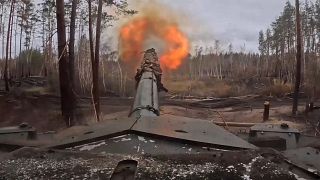
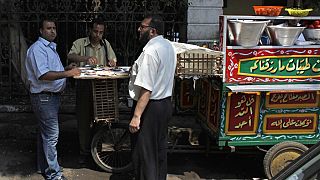
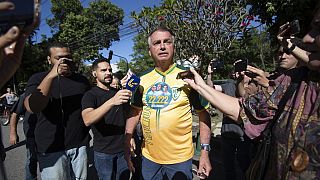
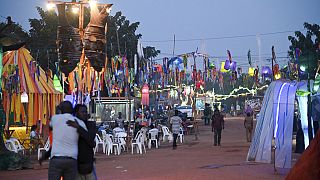
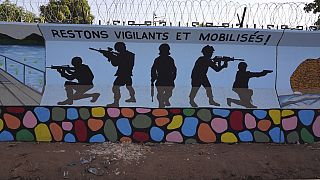
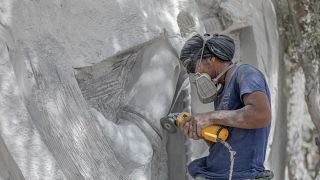
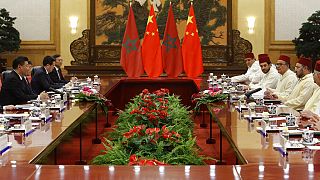

01:42
Niger: Conference in solidarity with the Alliance of Sahel States
01:11
Ten years since Compaoré’s overthrow: Burkina Faso’s decade of turmoil
Go to video
Guinea: opposition placed "under observation" and 53 parties dissolved
Go to video
Nearly half of Africa's population faces worsening governance- Report
01:19
Benin: Prominent personalities, allies of President Talon accused of plotting coup
Go to video
Lawyer for 3 US citizens facing a death sentence over DRC coup attempt files appeal